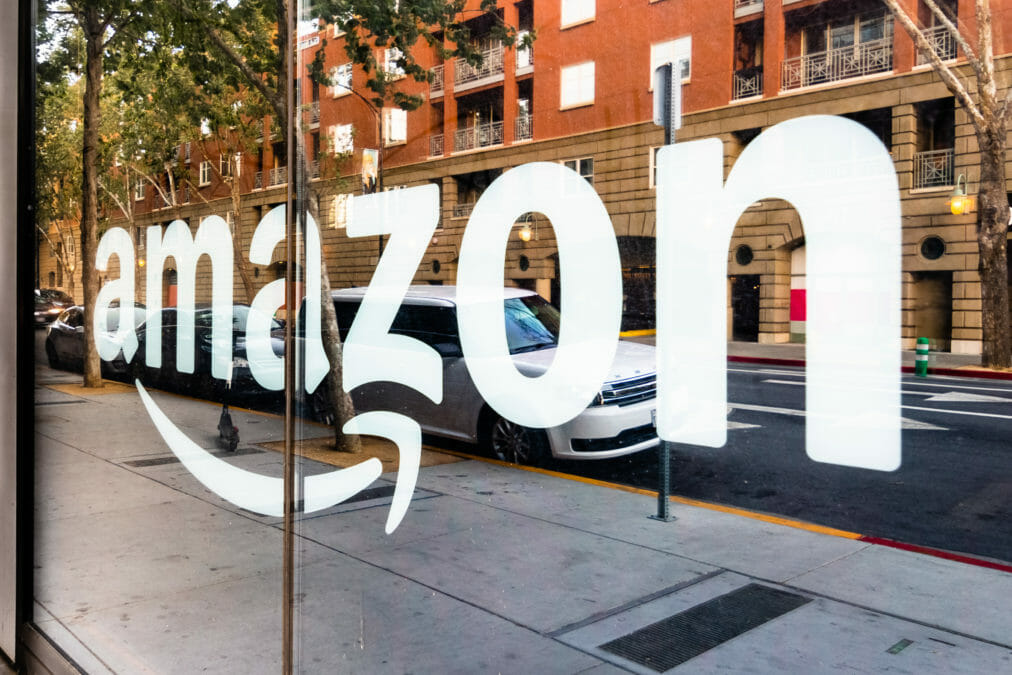Online retailer Amazon grew revenues 27% year-on-year during the three months ending 30 September to $13.8 billion, missing the $13.9 billion average analyst projection compiled by news agency Bloomberg.
The company reported a net loss of $274 million during the third quarter, down from a profit of $63 million one year ago.
Amazon said it lost $169 million during the quarter, or 37 cents a share, due to losses incurred by internet voucher firm LivingSocial, which it acquired for $175 million in 2010.
According to a message acquired by the Washington Post that LivingSocial CEO Tim O’Shaughnessy sent to the company’s employees, the privately held company recorded a net loss of $566 million during the third quarter. That figure included $469 million lost due to a decline in the value of recent acquisitions and an additional $45 million related to stock compensation and other items.
Tom Szkutak, Amazon’s senior vice president and CFO, said that the Seattle-based company’s loss was also attributed to heavier investment in its Kindle e-reader, a product the company says is selling in high quantities.
Interesting Links
“Our approach is to work hard to charge less,” said Amazon founder and CEO Jeff Bezos. “Sell devices near break-even and you can pack a lot of sophisticated hardware into a very low price point. And our approach is working – the $199 Kindle Fire HD is the number one best-selling product across Amazon worldwide.”
The company is also spending on several new fulfilment centres in the UK and the US. Amazon announced this month that it would be hiring 50,000 temporary workers at its distribution centres across the US during the holiday season, in addition to 2,000 permanent and 3,000 temporary jobs in distribution centres in the UK.
Groupon, LivingSocial’s main rival in the internet voucher space, grew its revenues by 45% year-on-year during the second quarter and recorded its first net profit, $32 million, triggering a rise in its share price.
However, Groupon has yet to reveal its third quarter results, and those critical of itself and similar firms have questioned the long-term viability of the internet voucher business model.










